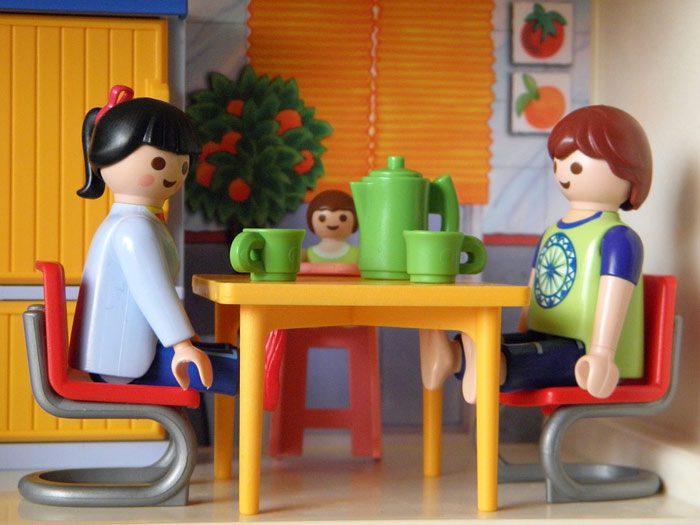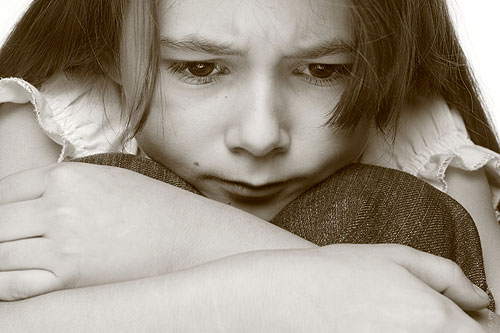5 Symptoms of Stress in the Family
You don’t always notice when stress begins to build up – usually it’s only noticeable when the dam crumbles down and the damage is done. But of course it’s advisable to realize what is going on well in advance and take measures towards mitigating the condition. Before your family descends to interacting by shouting or giving curt answers, see what you can do to put the situation back on the rails.
You may not be able to eliminate stress altogether – it is as much a part of our lives as squabbling over bed times or picky eating habits – but you can abate the impact. Also, bear in mind that your own frazzled state tells on everyone around you, and your children’s stress levels will grow because of your depressed feelings.
So, watch out for those sure signs that it’s time to try and fix the atmosphere.
Your sleep suffers
As your stress is mounting sleep goes out of the window. You don’t get enough night repose, and it makes you even more stressed, irritable and snappish. If this state sets in, react immediately and put your children to bed earlier than they are due; then go to bed earlier yourself. You will feel the positive reaction very soon.
There is more yelling
One of the fastest stress symptoms is that we grow fussy and anxious. Ergo, when we are approached, we get frazzled and start to yell. If you noticed the tendency, begin with keeping your voice low and making it sound softer. Take time out and involve your children. Lie down, hug one another and resume discussions after you have calmed down and feel refreshed.
Your kid becomes more remote
It is a typical reaction of a stressed-out child – they feel like shutting the world out and staying on their own. They can lock the door of their room and remain in for hours, ignoring summons and questions, they no longer want to see their pals. Is that your case? Then your best bet is to maintain conversation. Talk to them as much as you can without waiting for an answer. Discuss your state and your feelings so they see how you cope with stress. Say like “I need to take time out, I think I will run a bath and relax a bit.”
Remember you are setting an example for your children – they will be likely to imitate your ways of dealing with stress. So if you tend to fend off stress by drinking or overeating, take yourself in hand and shift to healthy methods (exercising, breathing, meditations).
Everybody’s moods are down and health is deteriorating
As your stress gets chronic it affects your body adversely. All of the family members develop troubled sleep. Grown-ups often get it in the back, shoulders and neck. Teenagers complain of headaches. Pre-teens are likely to have stomach aches.
What’s more, members of families laboring under stress are more likely to fall ill because their immune systems are weakened. To prevent that make sure you get sufficient sleep, eat healthy food, wash your hands well, visit gyms. This advice is fairly obvious, yet these simple expedients do help take the edge off stress. Let your family join in some decompressing activity: games, taking walks, going to a theatre.
All of you keep darting around
As you rush to fulfill all your obligations of a heavily-scheduled day while your children hurry to their activities after school, tension mounts in your body. By the end of the day you can have pains and aches showing you how tired you have become. Be sure you make pauses during your day. Allow yourself to be about ten minutes late for an event but arrive calm and composed instead of wild-eyed and panting (and probably finding that you have forgotten something to boot).
Simple as these hints may be, if you observe these few rules you can make the atmosphere in your family far more relaxed and easy-going. See to it that you and your children have enough time to wind down and enjoy some healthy activities together. Be the family’s chief stress killer because you know what to do.



